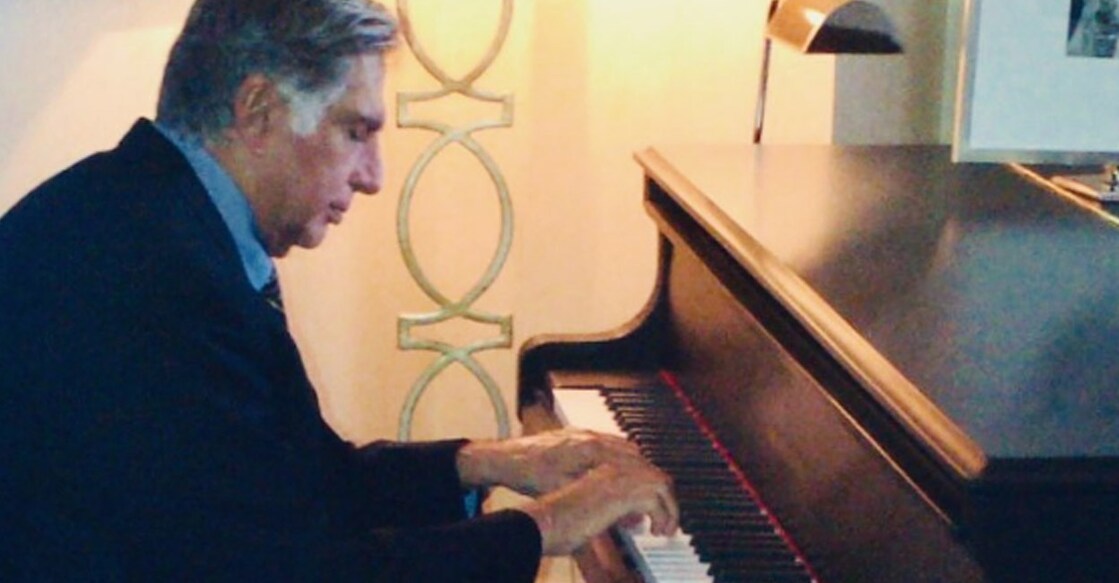Ratan Tata connected deeply with music while building his global empire

Mail This Article
India’s visionary industrialist Ratan Tata, who passed away on Wednesday night, had a deep appreciation for music. An old clip from the chat show 'Rendezvous with Simi Garewal', Ratan spoke about the kind of music and entertainment he consumes.
The industrialist said he listens to all genres, but was particularly fond of Jazz and Western Classical music. As per 'The Music Abode In', Ratan Tata supported several music initiatives during his life time and was instrumental in the restoration of Mumbai's Opera House. He also had associated with musicians Zubin Mehta and Lata Mangeshkar for several musical initiatives. Ratan Tata also knew how to play the piano and had shared his experience trying to learn the instrument in the past. “I learnt a little bit of the piano as a young boy. I am still still enamoured by the thought of learning to play well. I hope to try once again in the near future,” he wrote.
Ratan had also spoken about his hobbies during his chat with Simi. He shared that he liked to take his dog for a walk to clear his mind, and also watched television occasionally. Ratan Tata was the son of Naval Tata, who was adopted by Ratanji Tata. Ratanji Tata was the son of Jamshedji Tata, the founder of the Tata Group.
Ratan Tata defined the landscape of modern industrial advancement in India. His empire extended from metals to hospitality, FMCG, lifestyle, telecom, infrastructure, aerospace and technology. He was a recipient of the Padma Vibhushan, the second highest civilian honour in India. He had previously received the Padma Bhushan, the third highest civilian honour, in 2000.
He joined Tata group in 1961, and later succeeded J R D Tata as chairman of Tata Sons upon the latter's retirement in 1991. During his tenure, the Tata Group acquired Tetley, Jaguar Land Rover, and Corus, in an attempt to turn Tata from a largely India-centric group into a global business.

